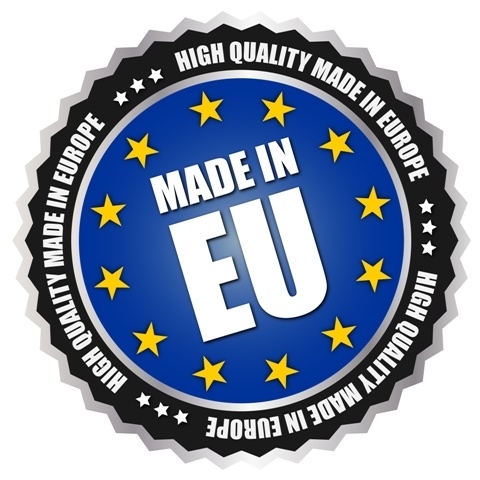 © [tpx] / FotoliaNon-food products imported into the EU currently require no labelling or marking of the country from which they originate. The European Commission (EC) recently withdraw a 2005 proposal which would have introduced country of origin marking of certain goods imported from third countries. The EC argued then that it could be incompatible with binding WTO rules.However, in January 2013, the Commission made a new proposal to introduce obligatory indication of origin on non-food consumer products as part of the product safety and market surveillance package. Existing non-preferential rules of origin would be applied to determine the country of origin of products. WTO regulations permit its members to adopt and enforce laws and regulations on marks of origin on imports. They must however be designed not to introduce unreasonable burdens on economic operators. Origin marking schemes of imported goods are applied by all the EU’s major trade partners. Marketing studies have shown that consumers’ behaviour is influenced more strongly by brands than the country of origin when it comes to their purchasing choices. Whilst the EP has previously supported origin marking, views on the proposal remain divided within the Council.
© [tpx] / FotoliaNon-food products imported into the EU currently require no labelling or marking of the country from which they originate. The European Commission (EC) recently withdraw a 2005 proposal which would have introduced country of origin marking of certain goods imported from third countries. The EC argued then that it could be incompatible with binding WTO rules.However, in January 2013, the Commission made a new proposal to introduce obligatory indication of origin on non-food consumer products as part of the product safety and market surveillance package. Existing non-preferential rules of origin would be applied to determine the country of origin of products. WTO regulations permit its members to adopt and enforce laws and regulations on marks of origin on imports. They must however be designed not to introduce unreasonable burdens on economic operators. Origin marking schemes of imported goods are applied by all the EU’s major trade partners. Marketing studies have shown that consumers’ behaviour is influenced more strongly by brands than the country of origin when it comes to their purchasing choices. Whilst the EP has previously supported origin marking, views on the proposal remain divided within the Council.
Read the complete briefing here

.
 Origin-marking schemes for imported goods
Origin-marking schemes for imported goods





Great job. Congrats!